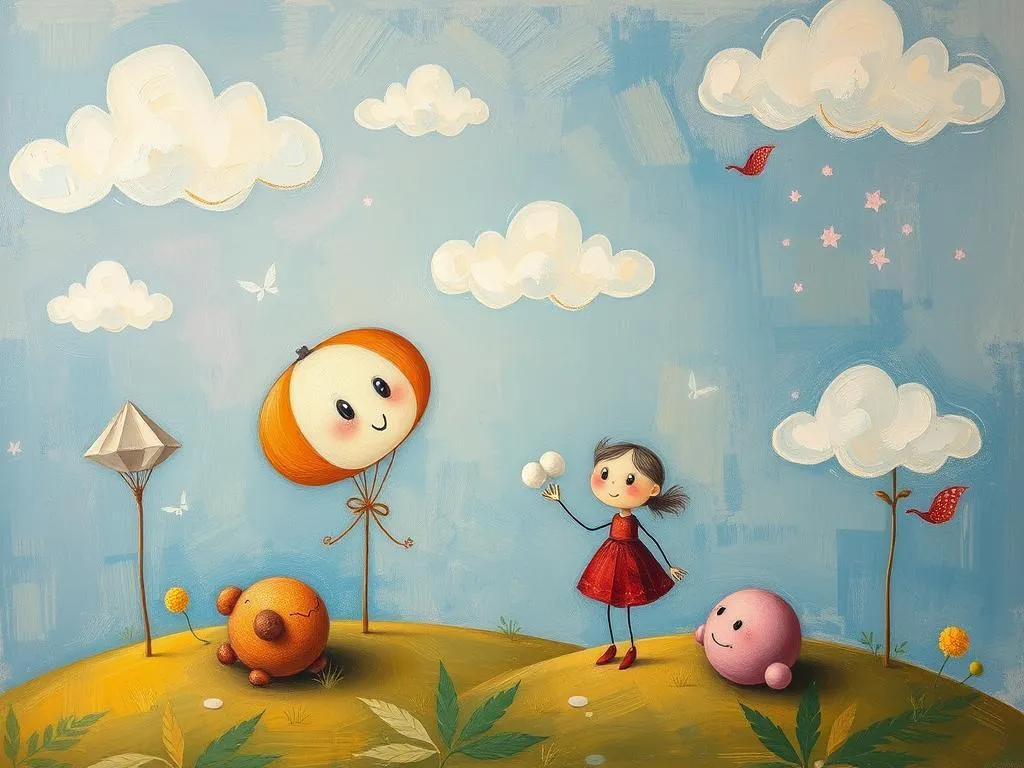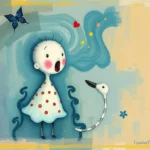
Dreams have long fascinated humanity, serving as windows into our subconscious minds. Among the myriad topics that dreams can cover, low mood dreams stand out for their emotional weight. These dreams often reflect our internal struggles, fears, and unresolved feelings, making them particularly intriguing to explore. Understanding low mood dreams is not only relevant for personal growth but can also reveal critical insights into our waking lives. This article delves into the symbolism and meaning behind low mood dreams, the various scenarios that might arise, and the real-life connections we can draw from these nocturnal experiences.
Symbolism and Meaning
Low mood dreams are rich in symbolism, often encapsulating feelings of sadness, anxiety, or despair. They can manifest in various forms, such as feeling lost, encountering dark places, or experiencing isolation. Each symbol within these dreams can serve as a reflection of our emotional state, guiding us toward deeper understanding.
One of the most common symbols in low mood dreams is darkness. Darkness often represents the unknown, fears, or emotional turmoil. When we dream of being in a dark environment, it may signify that we are grappling with unresolved issues or feelings of hopelessness. This can serve as a call to illuminate our thoughts and confront what lies beneath the surface.
Another prevalent symbol is water, which can represent the flow of emotions. Dreaming of turbulent waters might indicate that we are feeling overwhelmed or unable to control our emotional state. Conversely, calm waters could signify a desire for peace and clarity amidst chaos. The state of the water in your dream may provide clues about how you perceive your emotional landscape.
Additionally, loss—whether it be the loss of a loved one, a job, or even opportunities—can be a significant theme in low mood dreams. Such dreams may surface during times of transition, indicating that we are processing grief or anxiety about change. They can also act as reminders to cherish what we have and face the reality of our situations.
From a psychological perspective, low mood dreams can be viewed as a mechanism for processing emotions. They might reflect our mind’s attempt to work through stressors or unresolved conflicts. This perspective emphasizes the importance of acknowledging and addressing our feelings in waking life to avoid them manifesting in our dreams.
Key Scenarios and Variations
Low mood dreams can present themselves in countless ways, each variation offering unique insights into the dreamer’s psyche. One common scenario is the dream of being chased. In this dream, the individual might feel pursued by a faceless entity, evoking feelings of fear and anxiety. This can symbolize avoidance of certain emotions or situations in waking life—perhaps a conflict that one is reluctant to confront. The act of running away might represent a desire to escape from distressing feelings rather than addressing them head-on.
Another scenario might involve falling. Dreams of falling often elicit feelings of helplessness or loss of control. This type of dream may reflect anxieties in waking life, such as fears of failure or the feeling of being unsupported. The sensation of falling can be alarming, serving as a powerful metaphor for the dreamer’s emotional state. It suggests a need to regain stability and secure footing in one’s life.
Isolation is another common theme. In these dreams, individuals might find themselves alone in a vast, empty space, leading to feelings of loneliness. This reflects a sense of disconnection from others and may highlight the dreamer’s current emotional state. It could suggest that the individual feels unsupported or misunderstood in their waking life, prompting a reflection on their relationships and social connections.
A more complex scenario might involve revisiting past events or memories. These dreams often elicit feelings of nostalgia, regret, or unresolved issues. Dreaming of a past relationship or traumatic event can indicate that the individual has not fully processed their feelings around those experiences. This scenario serves as a reminder that healing often requires revisiting and reconciling with the past to move forward.
Real-Life Connections and Takeaways
Connecting low mood dreams to our real lives can provide valuable insights and opportunities for self-reflection. When you wake from a low mood dream, consider journaling your feelings and the specific symbols you encountered. Reflecting on these dreams can help you identify any emotional blockages or unresolved issues that may be impacting your waking life.
In moments of sadness or anxiety, it can be beneficial to explore the root causes of these feelings. Ask yourself questions like: What situation in my life currently makes me feel low? Are there relationships that need attention? By investigating these questions, you can begin to address the underlying issues that might be contributing to your emotional state.
Moreover, engaging in self-care practices can significantly improve your emotional well-being. Activities such as exercise, meditation, or spending time in nature can help elevate your mood and create a sense of balance. It is essential to nurture your emotional health and seek support when needed, whether through friends, family, or professionals.
Another valuable takeaway is the importance of open communication. If your dreams indicate feelings of isolation or disconnect, consider reaching out to others. Sharing your feelings can alleviate burdens and foster connection. Sometimes, simply articulating your emotions can be a powerful step toward healing.
Lastly, embrace the idea of acceptance. Low mood dreams, while uncomfortable, can serve as catalysts for growth. Accepting your feelings rather than resisting them can lead to greater emotional resilience. By acknowledging your sadness, you create space for healing and the possibility of moving toward a brighter emotional landscape.
In conclusion, low mood dreams are significant reflections of our inner emotional world. They embody symbols and scenarios that offer insights into our struggles, fears, and desires. By embracing these dreams and reflecting on their meanings, we can unlock pathways to healing and self-discovery. As you explore your low mood dreams, remember that they are not merely fleeting thoughts but invitations to delve deeper into your emotional landscape. Allow yourself the time and space to process these feelings, and you may find that the shadows of your dreams lead you toward greater clarity and understanding in your waking life.







